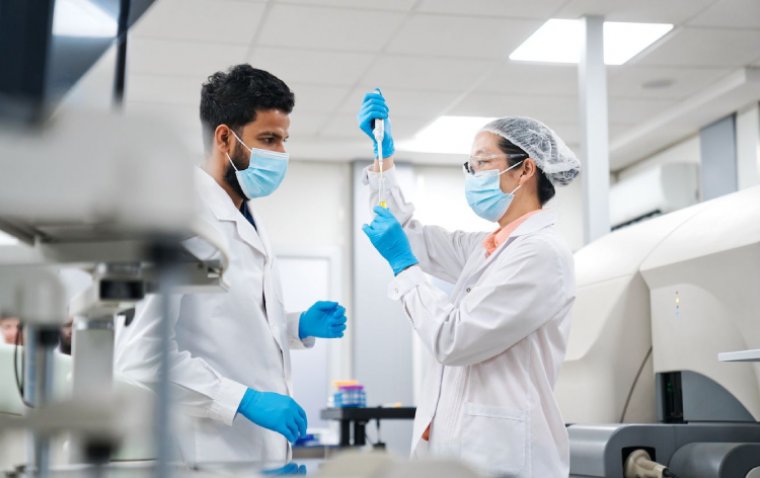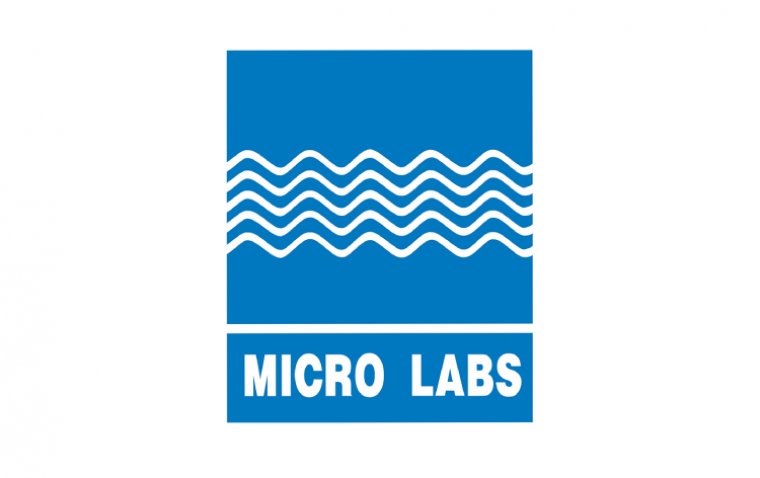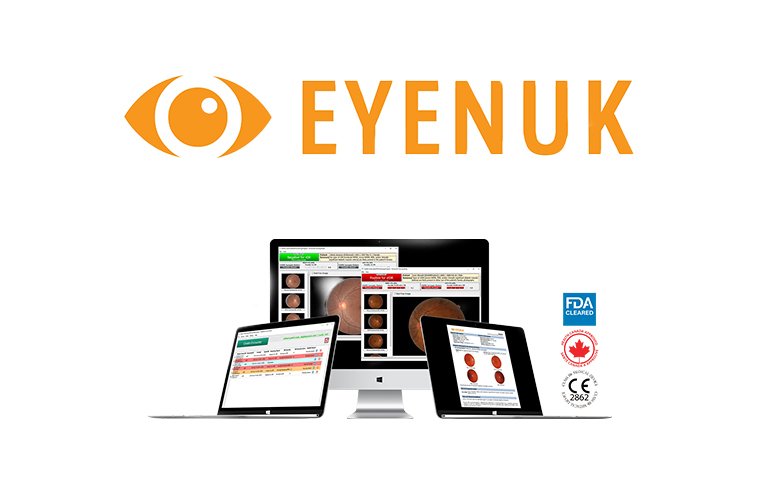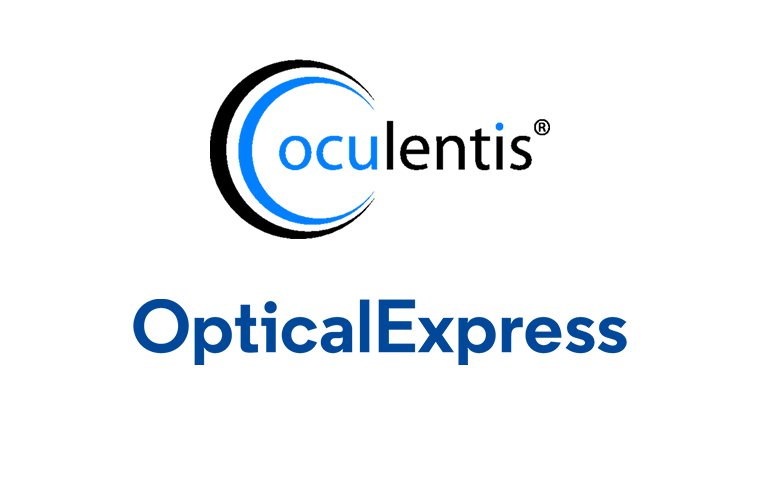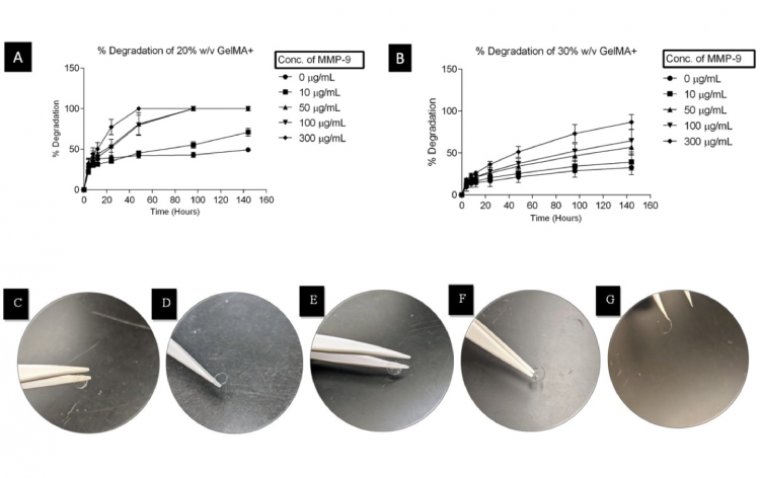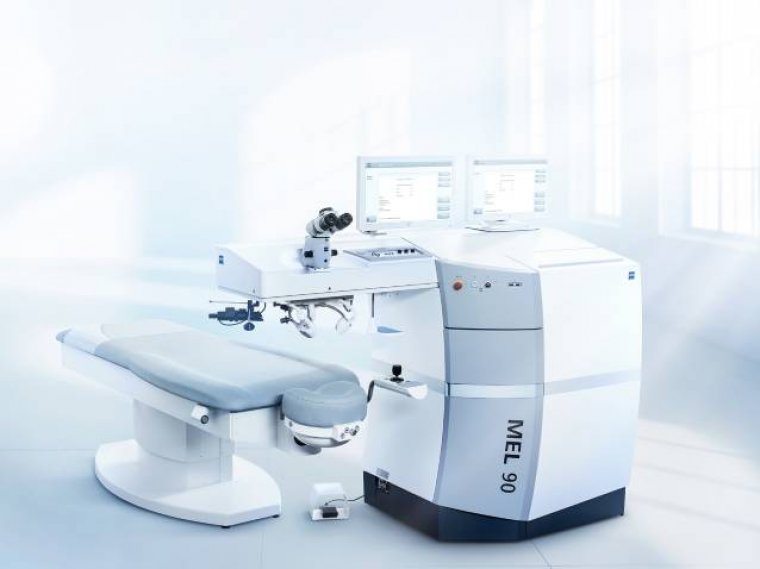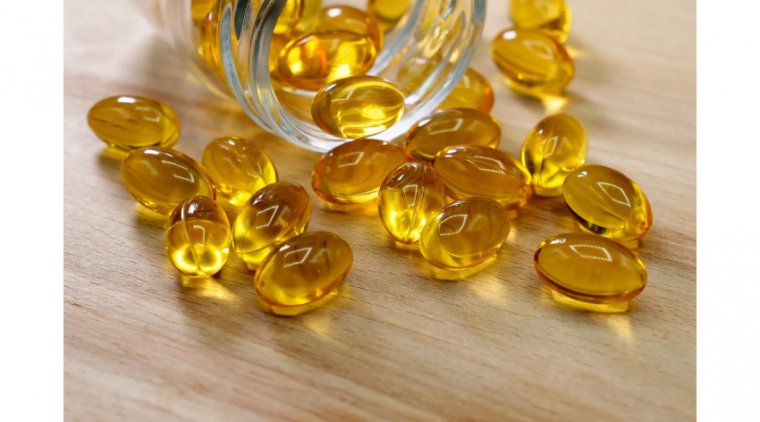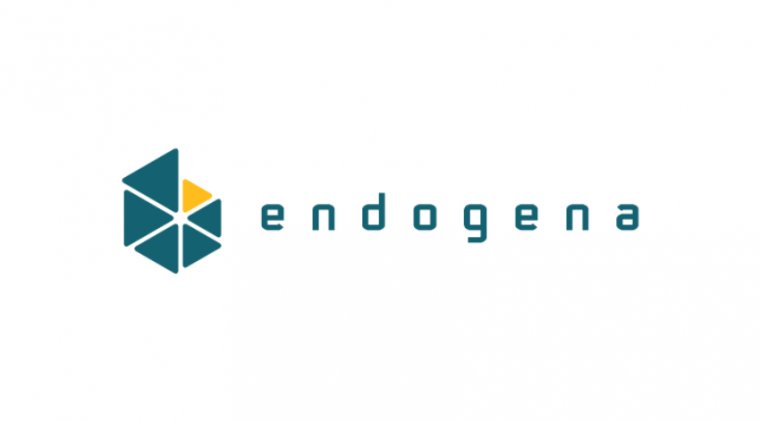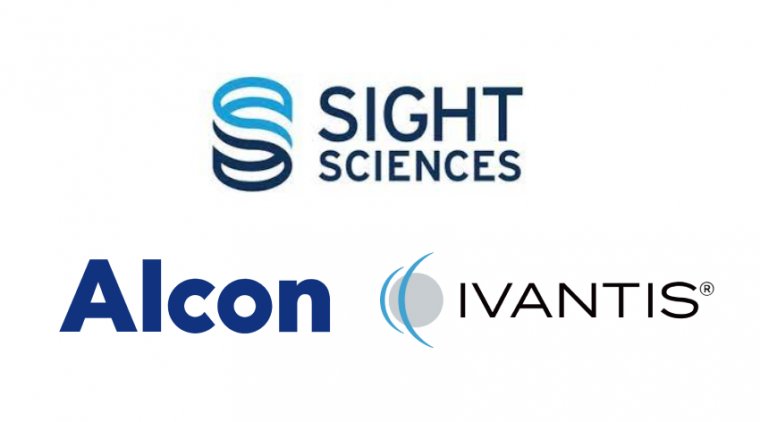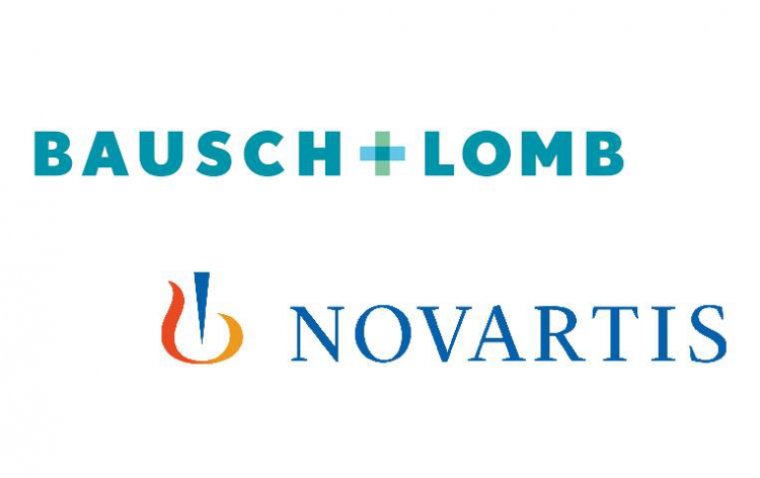
Bausch + Lomb to Acquire Novartis’ Eye Drugs for Up to $2.5 Billion
Bausch + Lomb has announced that it will acquire the dry eye drug Xiidra (lifitegrast ophthalmic solution) 5% from Novartis. Xiidra is an eye drop without steroids that has received specific approval for treating the signs and symptoms of dry eye disease (DED), with a focus on inflammation related to dry eye.
In addition to the acquisition of Xiidra, Bausch + Lomb will also obtain libvatrep (also known as SAF312), an investigational compound currently under study for the treatment of chronic ocular surface pain. Furthermore, they will acquire AcuStream technology, an investigational device with the potential to enable precise dosing and accurate delivery of specific topical ophthalmic medications to the eye.
Libvatrep is currently in the phase 2b development stage, and the results of the study are anticipated to be available in the third quarter of 2023.
Under the terms of the agreement, Bausch + Lomb will acquire Xiidra, libvatrep, and AcuStream from Novartis for a total amount of up to $2.5 billion. This includes an initial payment of $1.75 billion in cash and potential milestone obligations of up to $750 million based on sales thresholds and pipeline commercialization. Bausch + Lomb will also assume responsibility for the sales force supporting Xiidra.
Bausch + Lomb has secured full financing from J.P. Morgan for the transaction and plans to finance the $1.75 billion upfront cash purchase price through new debt before the deal is finalized.
This acquisition represents the first major strategic move made by Brent Saunders since his return to Bausch + Lomb as CEO and Chair of the Board of Directors in February.
“This acquisition is a prime example of our strategy in action, as it provides needed scale for the company and transforms our pharmaceuticals business by making us a leader in ocular surface diseases,” Mr. Saunders said in a company news release. “The deal is also expected to accelerate margin expansion through a larger mix of pharmaceutical products in our portfolio, provide strong and immediate earnings accretion and presents a clear path to deleverage, making it financially compelling.”
In 2019, Novartis completed the acquisition of Xiidra from Takeda Pharmaceutical in a transaction valued at up to $5.3 billion. As per the agreement, Novartis agreed to make an upfront payment of $3.4 billion, with the potential for additional milestone payments of up to $1.9 billion.
Xiidra received FDA approval in 2016, making it the second drug approved for treating dry eye disease in the United States, after Allergan's Restasis (cyclosporine ophthalmic emulsion) 0.05%, which gained approval in 2003. Takeda obtained the rights to Xiidra through its acquisition of Shire for $62 billion in January 2019.
Novartis, in a news release, stated that the deal aligns with its strategy of divesting assets outside of its prioritized therapeutic areas, including "front-of-the-eye ophthalmology assets."
“This transaction will enhance our focus on prioritized innovative medicines to alleviate society’s greatest disease burdens, achieve the greatest patient impact and drive our growth strategy,” said Ronny Gal, Chief Strategy & Growth Officer of Novartis. “Our ongoing portfolio refinement enables us to best deploy our scientific expertise and resources towards priority programs and therapeutic areas, while remaining open to opportunistic development for additional high impact conditions leveraging our advanced technology platforms. We believe that Bausch + Lomb has the capabilities, scale and commitment to continue the work of Novartis in delivering and developing much needed therapies for patients suffering from dry eye and related conditions.”
In January, Novartis concluded the sale of five branded ophthalmic products—namely Ilevro, Nevanac, Vigamox, Maxidex, and Triesence—to Harrow. The deal was valued at up to $175 million.
The strategic acquisition of Xiidra will enhance Bausch + Lomb's existing dry eye portfolio. This portfolio includes eye and contact lens drops from the company's consumer brand franchises, as well as pharmaceutical products such as Miebo (perfluorohexyloctane ophthalmic solution). Notably, Miebo recently obtained FDA approval as the first and only eye drop specifically targeting tear evaporation in the treatment of DED (dry eye disease). Xiidra and Miebo operate in distinct ways, targeting different components of the DED cycle.
“Dry eye disease is multi-factorial and can stem from varying root causes, which means differing treatment options are needed,” said Marguerite McDonald, MD, FACS, OCLI Vision, Oceanside, New York. “With the acquisition of Xiidra and recent approval of Miebo, Bausch + Lomb enhances its approach to different facets of dry eye and is well positioned to ensure both medicines reach as many patients as possible.”
In 2022, Xiidra achieved approximately $487 million in sales and holds a patent that extends until 2033.
The Board of Directors of both companies approved the transaction, which is contingent upon obtaining regulatory approval and fulfilling customary closing conditions. The transaction is projected to conclude by the end of 2023 and is anticipated to have an immediate positive impact.
*Stay in the loop and make sure not to miss real-time breaking news about ophthalmology. Join our community by subscribing to OBN newsletter now.
(1).jpg)
